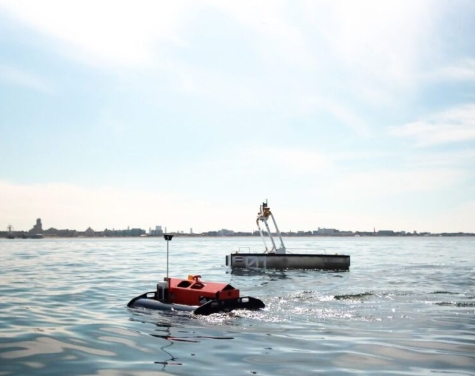
The initiative aims to develop compact, electric, and uncrewed solutions to enhance the efficiency of offshore operations while minimizing environmental impact and operational costs. DEMCON Unmanned Systems stated: “Our goal? To explore how such sustainable energy systems can be inspected and maintained uncrewed and automatically in the future.”
Supported by the Kansen voor West 3 subsidy program, which fosters innovation and sustainability in the region, the project involves a consortium including Holland Shipyards Group, Campusatsea, and Coastruction. The collaboration focuses on establishing sustainable, cost-effective procedures for offshore renewable energy maintenance, utilizing smaller equipment to reduce expenses.
DEMCON Unmanned Systems highlighted the trial’s significance in a social media post, noting: “This project is part of the Kansen voor West 3 subsidy program, which promotes innovation and sustainability in the region.” The tests are designed to create future-proof systems that prioritize environmental sustainability and operational efficiency.
In January 2025, Weco secured funding through the EKOO TSE Electricity 2024 program, supported by the Dutch Ministry of Climate and Green Growth’s Topsector Energiesubsidie initiative. This funding is advancing the development of a renewables-powered offshore charging solution for autonomous vessels, complementing the trial’s objectives.
The Scheveningen trial underscores the potential of uncrewed technologies to transform offshore renewable energy operations. By leveraging automated systems, the project aims to support the Netherlands’ commitment to sustainable energy innovation, contributing to a more efficient and environmentally friendly offshore energy sector.